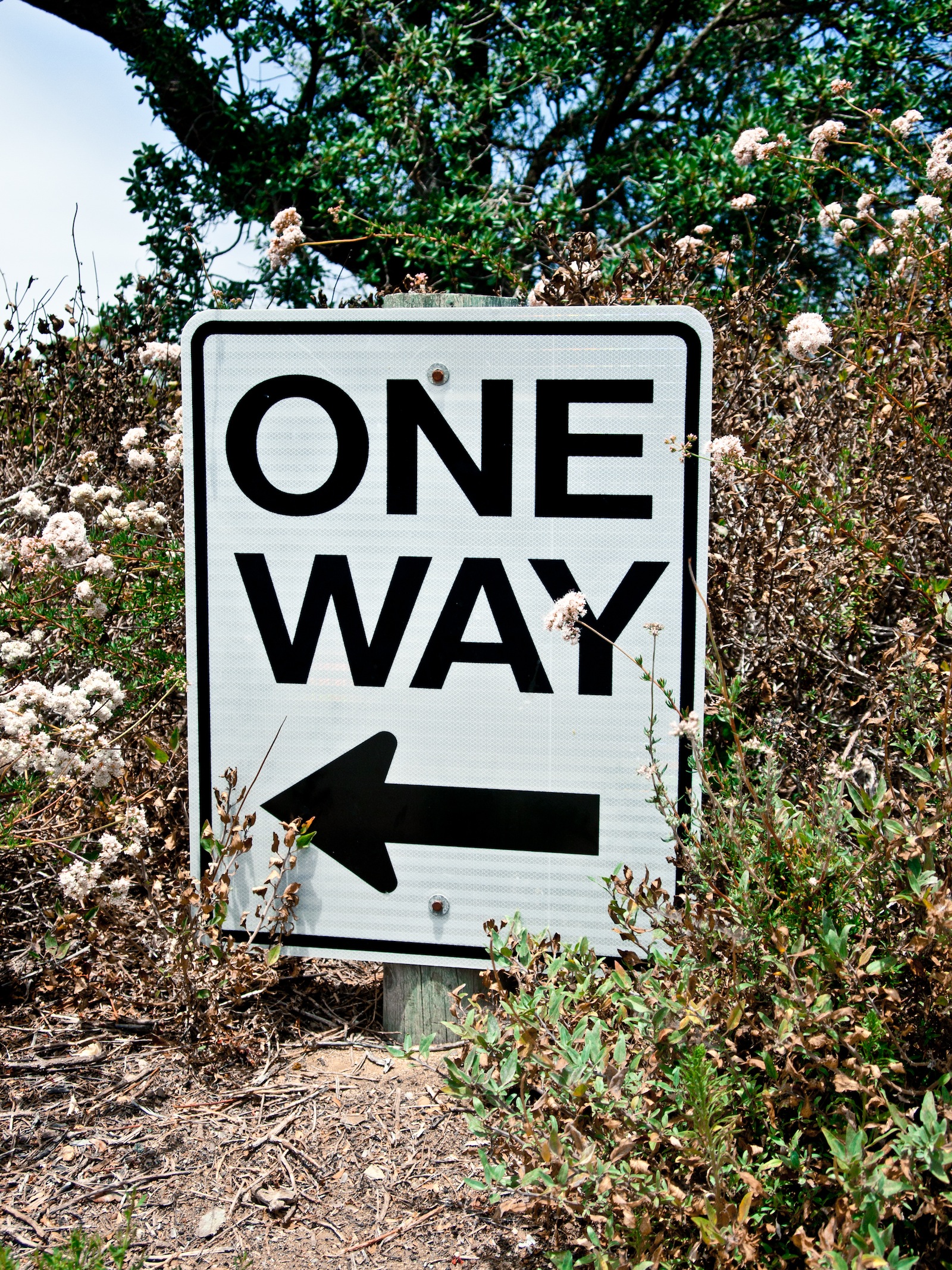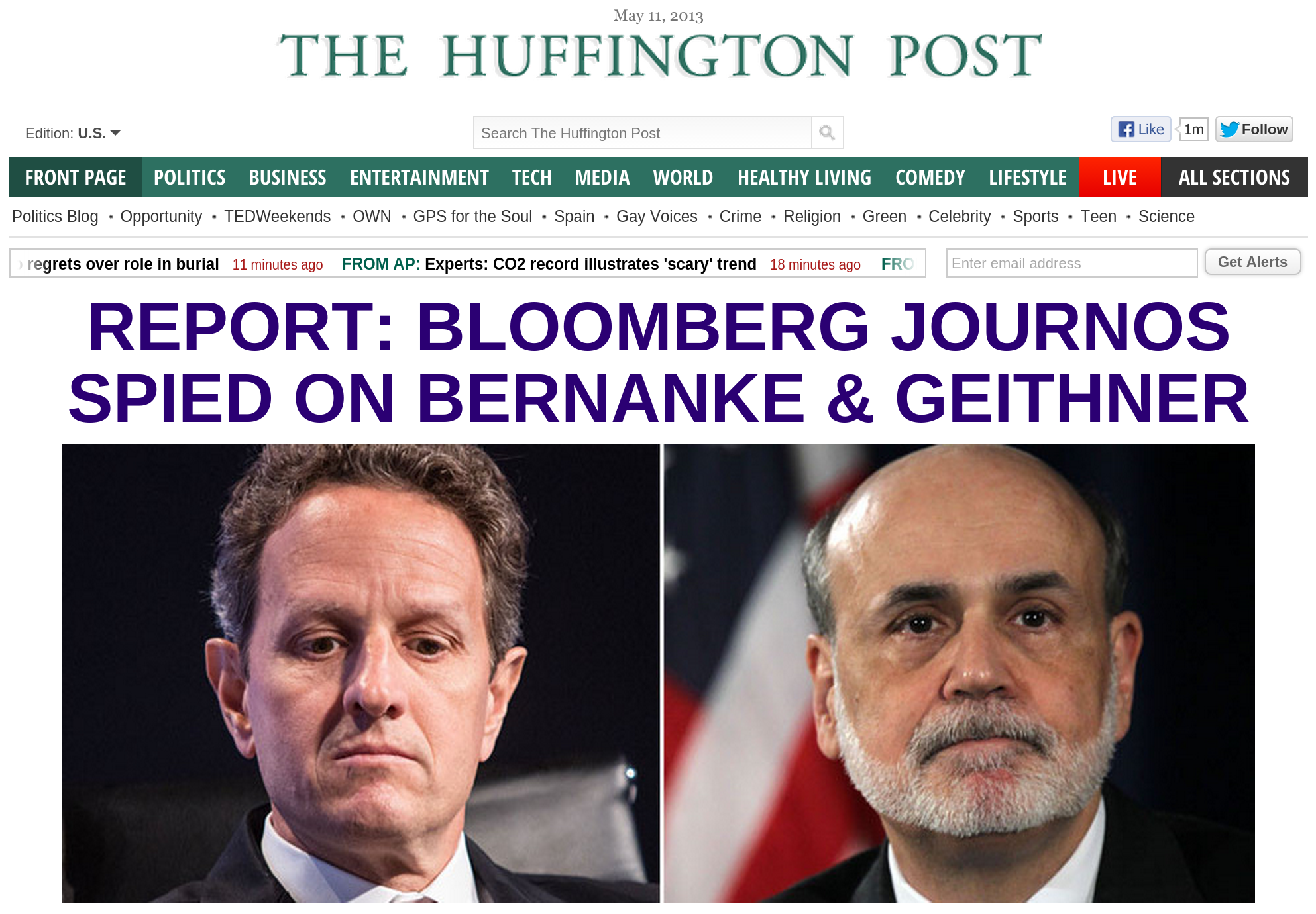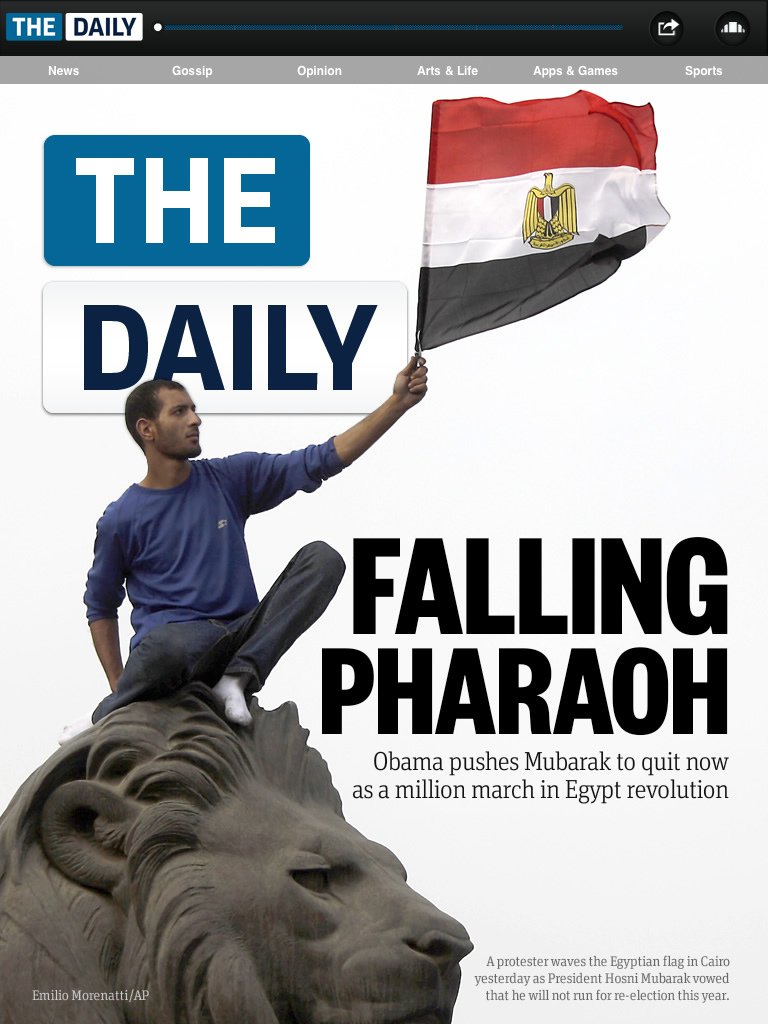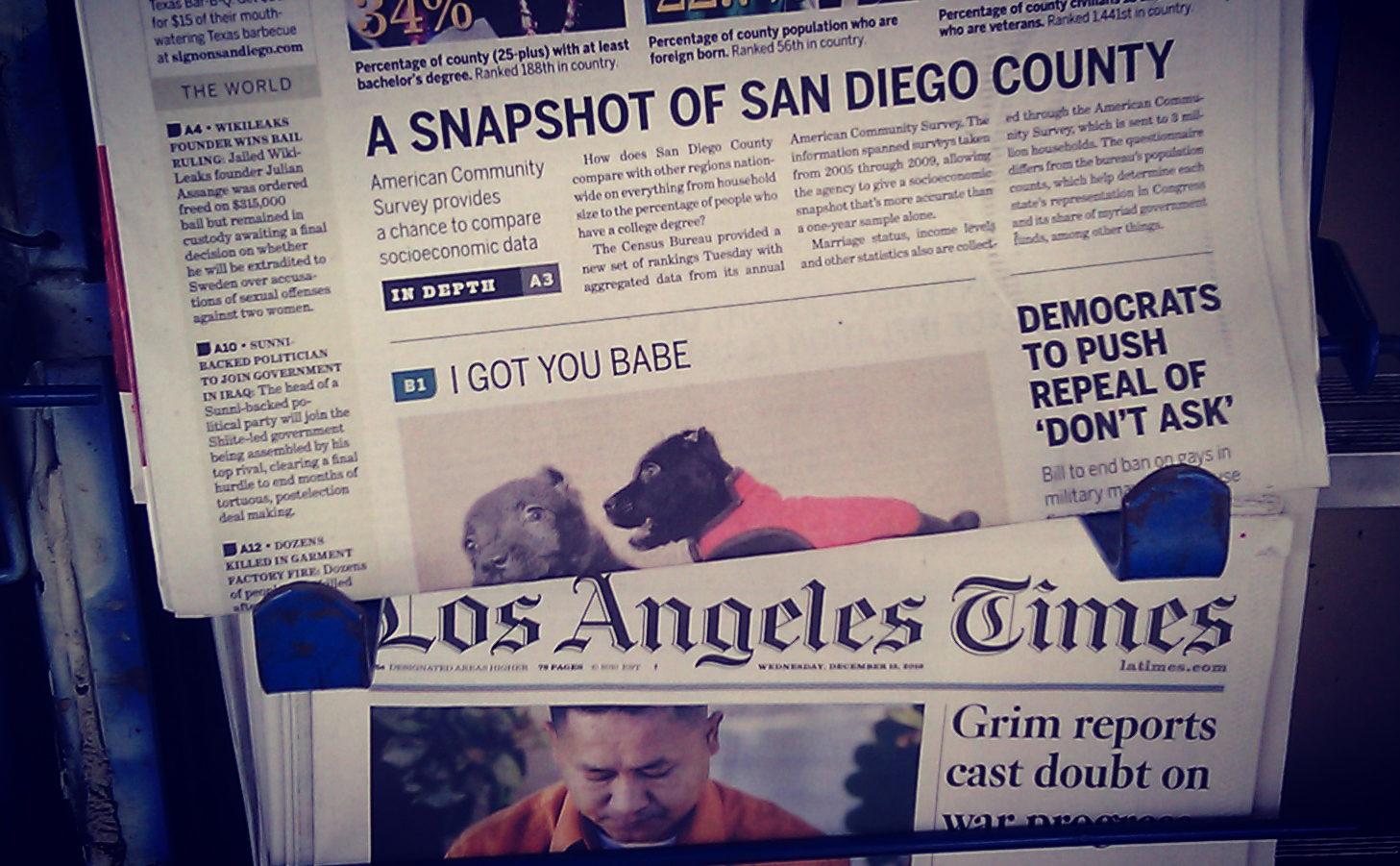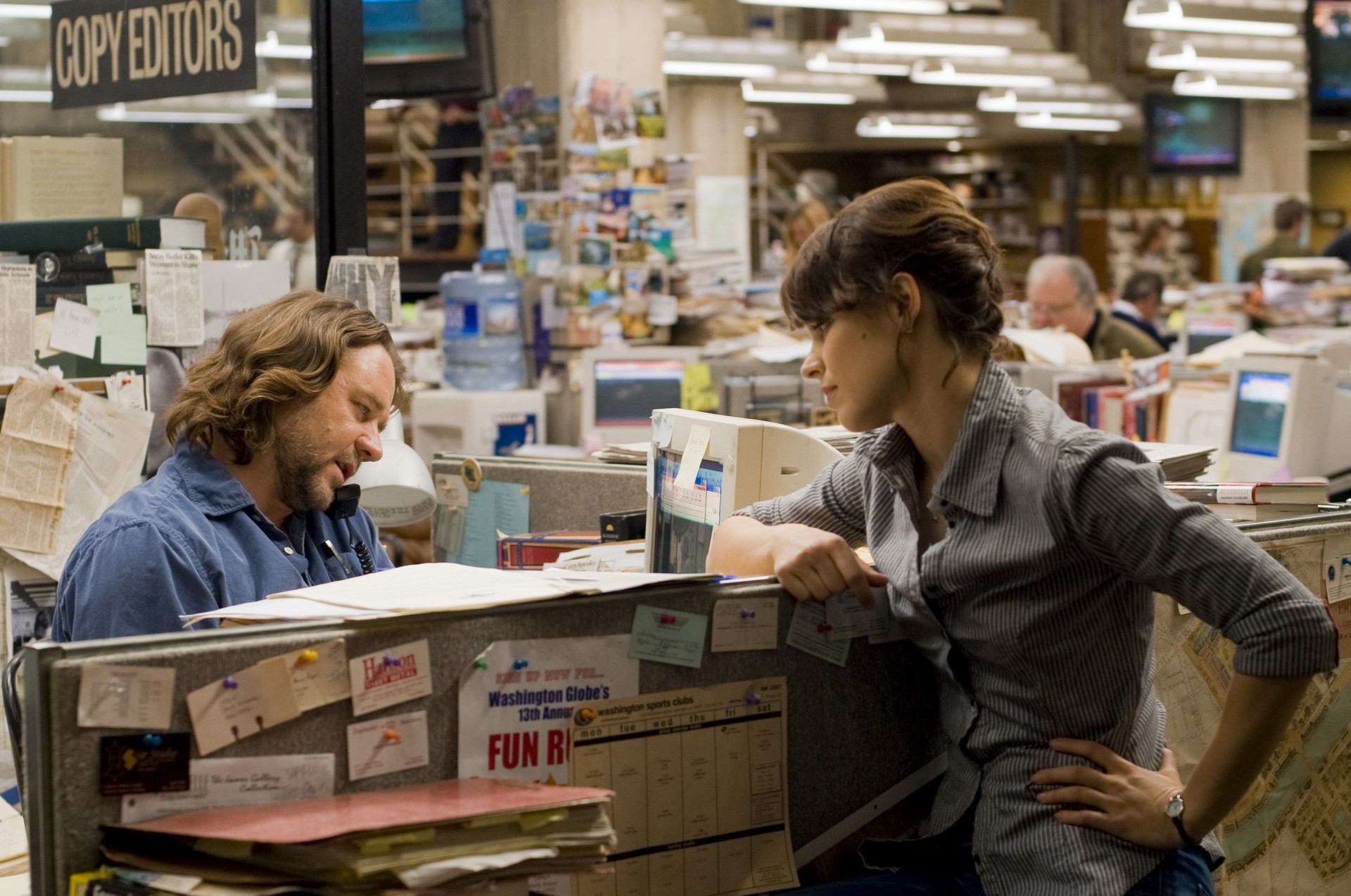My last post on this site is dated December 2010. Luckily no squatters took residence in my absence. I stopped writing here simply because I didn’t have time. My responsibilities for BetaNews commanded too much of me, and I shifted personal blogging to Google+. Both are fine places to live—shared common areas—but I seek solitude and escape from the daily news grind; also, I’m sick to death of tech.
I’m not a computer or gadget geek. It’s just my career path. Twenty years ago this autumn, what was then Washington Journalism Review, now American Journalism Review, posted a story that changed my life: “The Future is Now” by Kate McKenna.
